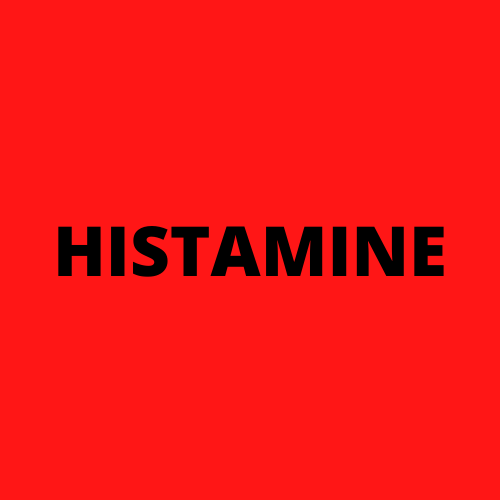DATE ALLERGY
Key Allergens
Date Palms are a plant in the Arecaceae family, also commonly known as palm trees. The fruits of this particular plant are called dates. Other plants in this family which are eaten include palm oil and coconuts.
The key allergen found in dates is a profilin called Pho d 2.
Profilins are small proteins involved in the assembly of actin filaments. Actin filaments in plants determine the shape and movement of the cell’s surface.
Profilin proteins are considered to be minor panallergens. They are less commonly associated with allergy than lipid transfer proteins and seed storage proteins, but have become more studied in recent years due to the possibility of cross reactivity.
The key allergen found in dates is a profilin called Pho d 2.
Profilins are small proteins involved in the assembly of actin filaments. Actin filaments in plants determine the shape and movement of the cell’s surface.
Profilin proteins are considered to be minor panallergens. They are less commonly associated with allergy than lipid transfer proteins and seed storage proteins, but have become more studied in recent years due to the possibility of cross reactivity.
Food Intolerances




An intolerance to dried dates could be due to sulphites. Sulphites are inorganic salts used in preservations and have the potential to cause symptoms of food intolerance to those sensitive to sulphites, this food intolerance is more common in asthmatics. An improvement in symptoms can be made with a change to a low sulphite diet.
Foods high in sulphites are also often linked with foods high in histamine. Dried fruits are usually avoided by people who are following a low histamine diet. Dates are a high FODMAP food. FODMAP stands for Fermentable oligosaccharides, disaccharides, monosaccharides and polyols. Foods high in FODMAPs can cause symptoms of food intolerance, affecting the gastro intestinal system and this can be mistaken for a true IgE food allergy.
Dates are a food high in salicylates. Salicylates have the potential to cause worsening of asthma, swelling, itching and hives as well as food intolerance symptoms in people who are sensitive to salicylates.
You can read more about Food Intolerances on the dedicated Food Intolerance Page.
Associated Syndromes
Allergy to dates is sometimes linked to Celery-Mugwort-Spice Syndrome as the sensitising allergen is a profilin protein called Art v 4, these proteins are also sometimes also called Bet v 2 proteins.
There is also a link between dates and Latex Food Syndrome. The plant involved in latex allergy Hevea brasiliensis, the rubber tree plant, has an allergen called Hev b 8 which is a profilin protein. Those very sensitised to latex may have a contact allergic reaction from other foods or plants containing profilin proteins, there is less evidence of this than sensitisation to other latex linked proteins like hevein and chitinase.
There is also a link between dates and Latex Food Syndrome. The plant involved in latex allergy Hevea brasiliensis, the rubber tree plant, has an allergen called Hev b 8 which is a profilin protein. Those very sensitised to latex may have a contact allergic reaction from other foods or plants containing profilin proteins, there is less evidence of this than sensitisation to other latex linked proteins like hevein and chitinase.
Cross Reactivity
Other plants containing profilin proteins are kiwi, pineapple, celery, peanut, chilli, watermelon, orange, hazelnut, muskmelon, carrot, strawberry, soya beans, barley, walnut, lychee, lupin, apple, banana, cherry, almond, peach, pear, mustard, tomato, aubergine and wheat.
Resources
Websites
Food Allergy Canada Factsheet on Sulphites
Allergy UK Factsheet on Sulphites
Allergy information for: Date (Phoenix dactylifera)
Histamine Intolerance Food List
ATP Science - Salicylate Food List
Articles and Journals
Date fruit consumption for childbirth, 2023
AllerCatPro 2.0: a web server for predicting protein allergenicity potential, 2022
Let me know if you found any of these interesting or useful.
If you spot an article or research that you think is interesting you can message me or tag me on Facebook or Twitter - links at the bottom of the page.
